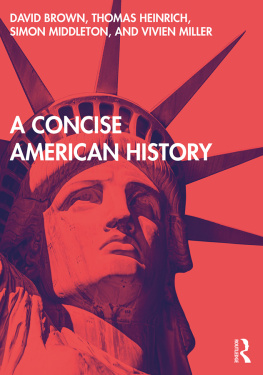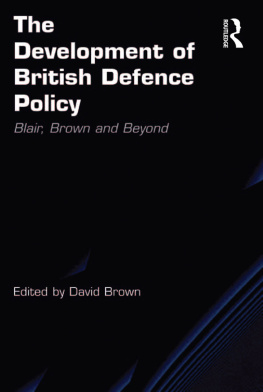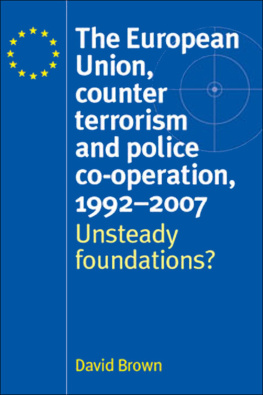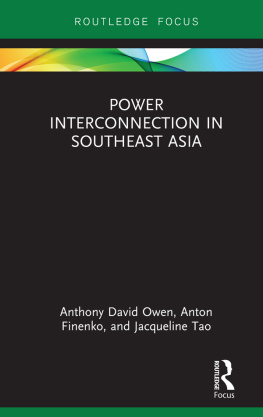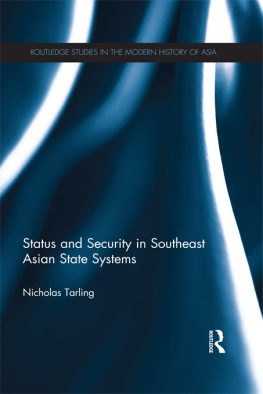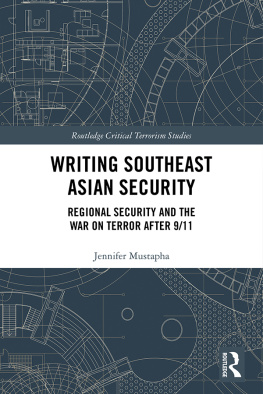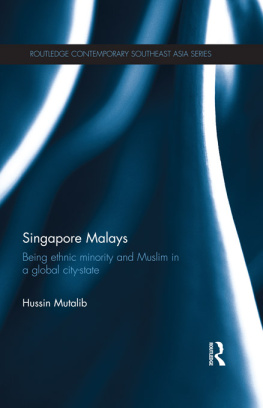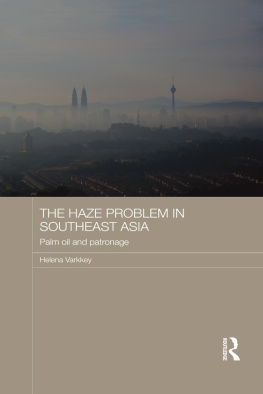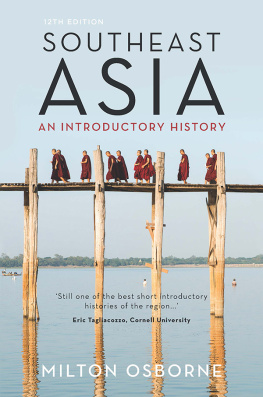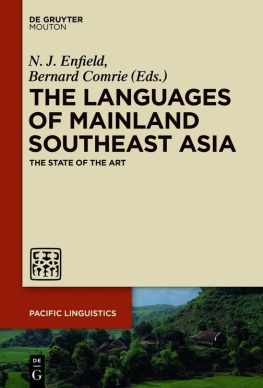The state and ethnic politics in Southeast Asia
Given the increasing number of ethnic disputes around the world, David Brown has written a timely work on the nature of ethnicity and the ways in which it is affected by the composition, structure and policies of the state.
The book provides discussions of ethnic politics in Burma, Singapore, Indonesia, Thailand and Malaysia, and offers a coherent interpretation of the variations in the nature of ethnic consciousness and the causes of ethnic tensions in these countries.
This ethnic consciousness is defined in terms of a psychological and political ideology that is crucially influenced by the character of the state. The argument is developed through an examination of differing conceptualizations of the state relating to neo-patrimonialism, corporatism, ethnocracy, internal colonialism and class, so as to show how these different perspectives each generate distinct explanations of ethnic politics.
The State and Ethnic Politics in Southeast Asia is aimed primarily at Southeast Asia specialists, but will also be of interest to students of comparative politics.
David Brown is Senior Lecturer in the Department of Political Science at Murdoch University, Australia.
Politics in Asia Series
Edited by Michael Leifer
London School of Economics
ASEAN and the Security of South-East Asia
Michael Leifer
Chinas Policy Towards Territorial Disputes
The Case of the South China Sea Islands
Chi-kin Lo
India and Southeast Asia
Indian Perceptions and Policies
Mohammed Ayoob
Gorbachev and Southeast Asia
Leszek Buszynski
Indonesia Under Suharto
Order, Development and Pressure for Change
Michael R. Ji Vatikiotis
The state and ethnic politics in Southeast Asia
David Brown
London and New York
First published 1994
by Routledge
11 New Fetter Lane, London EC4P 4EE
Simultaneously published in the USA and Canada
by Routledge
29 West 35th Street, New York, NY 10001
First published in paperback 1996
1994 David Brown
Routledge is an imprint of the Taylor & Francis Group
This edition published in the Taylor & Francis e-Library, 2005.
To purchase your own copy of this or any of Taylor & Francis or Routledges collection of thousands of eBooks please go to www.eBookstore.tandf.co.uk.
All rights reserved. No part of this book may be reprinted or reproduced or utilized in any form or by any electronic, mechanical, or other means, now known or hereafter invented, including photocopying and recording, or in any information storage or retrieval system, without permission in writing from the publishers.
British Library Cataloguing in Publication Data
A catalogue record for this book is available from the British Library
Library of Congress Cataloguing in Publication Data
A catalogue record for this book is available from the Library of Congress
ISBN 0-203-20909-5 Master e-book ISBN
ISBN 0-203-28891-2 (Acrobat eReader Format)
ISBN 0-415-04993-8 (hbk)
ISBN 0-415-12792-0 (pbk)
Tables
Per capita income in Thailand
Estimates of the percentage of the rural Northeastern population below the poverty line
Preface
Ethnicity is one of those subjects where explanation tends to become intertwined with moral evaluation. Enquiry tends to be permeated and inhibited by the preconception that it involves either a primitive and backward instinctual trait (tribalism), a moral sickness (racism, chauvinism), or a progressive virtue (the communitarian spirit, the people, for some, the nation). Faced with one or other of these assumptions or feelings, any attempt at extended explanation is likely to be criticized in so far as it fails to accord with, or provide ammunition for, the given evaluation. The best that one can hope for, and the purpose of this book, is that in outlining one partial perspective as regards some of the terrain, the discussion provokes critical reflection and offers occasional enlightenment.
My initial interest in ethnic politics developed out of research on local-level politics amongst the Ewe community of West Africa. From this research grew the perception that fluctuating political alignments within an allegedly tribal community, and in relation to other such communities, could be explained only by rejecting any primordialist assumptions and examining the shifting situations engendered by successive state rgimes. This in turn generated an interest in the comparative politics of ethnicity, from which developed a concern to make sense of the variations in its manifestation. My move to Southeast Asia in 1982 then implied the need to re-examine and re-evaluate my understanding as to how political science might contribute to illuminating the ethnic politics of this particular region.
The book developed out of an initial suggestion by Professor Chan Heng Chee for a set of edited readings on ethnic politics. The task of searching for coherence in the writings of others evolved gradually into the attempt to elaborate my own framework. Thus when Peter Sowden of what was then Croom Helm visited Singapore in 1988, I optimistically announced that the book had been conceived, was indeed already fully formed in miniature, and could be delivered within two years. But pregnancy has its drawbacks. Teaching and research are certainly compatible in that it is in the process of convincing the naive students of the validity of ones argument that one first glimpses its obvious fallaciousness. But they are also in tension with each other; quite simply, teaching takes away the vital time and energy needed for researchat least for those of us without sabbaticals. I suppose it was a natural birth, and the occasional relaxation exercise did help ease the pain, though the labour was certainly much more prolonged than had been anticipated. It is, by the way, crucial to have ones wife present at the birth, and I thank Diana sincerely for her support, and her help with the breathing. Finally, there is the brutal question which all parents ask themselves sooner or later. Was the resultant baby worth all the effort? That, however, is for others to judge, and this parent for one will irresponsibly abandon the child for others to play with or worry over as they wish; pausing only to acknowledge the paternity, and to plead guilty to any genetic deformities which become apparent.
My thanks go to Chan Heng Chee for facilitating my teaching and research in this area, and to Michael Leifer and Donna Pankhurst for their encouragement at various stages. My thanks also to the following colleagues for their helpful advice on specific chapters: David Martin Jones, Hussin Mutalib, Bilveer Singh, A.Mani, Leo Suryadinata, Ho Khai Leong and James Jesudason. I am also grateful to the following ex-students who helped me with bibliographical work and translations: Peggy Lim, Jean Ng, Noorlinah Mohamed and Siti Mariam.
David Brown
National University of Singapore
December 1992
Introduction
This book seeks to describe some aspects of ethnic politics in Southeast Asia. More importantly, however, it seeks to organize this material so as both to explain the events and to develop a distinctive explanation as to the general nature of ethnicity and the causes of ethnic politics.



